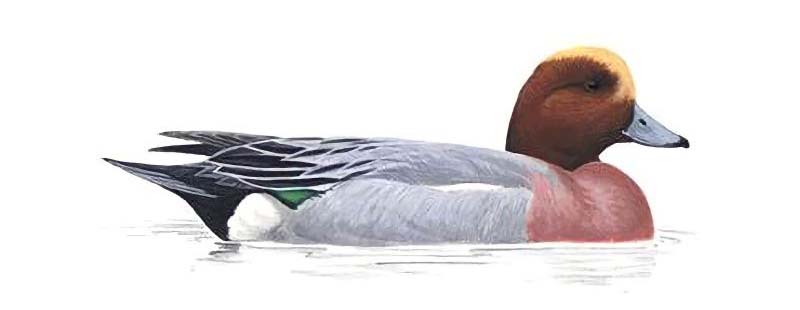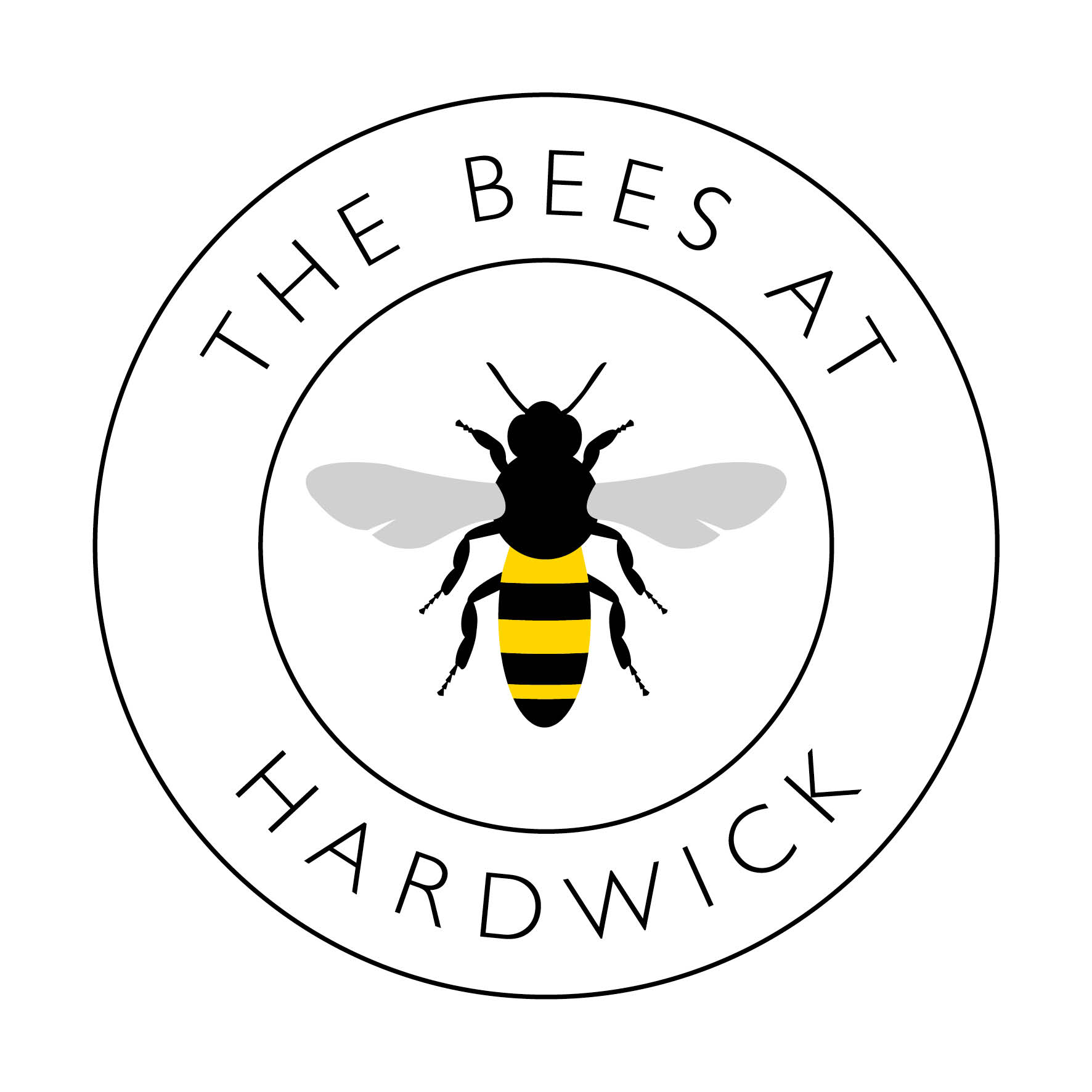SCA was delighted to welcome in 2026 with the traditional Burns Supper. Thank you to all who took part in this very special evening to honour the life and work of poet Robert "Rabbie" Burns. Guests enjoyed a traditional feast (haggis, neeps, tatties), bagpipes, toasts and poems, ending with a rousing rendition of "Auld Lang Syne".
Sedgefield Sounds – Saturday 7 February – 7pm for a prompt 7.30 start
SCA is delighted to host a second ‘Sedgefield Sounds’ acoustic music night, with a rich and harmonious programme performed by various established artists, as well as several talented younger local musicians and songsters - not to be missed! £5 cash entry on the door. Places may be reserved by contacting Sarah on 07847052761 or via email: info@sedgefieldsca.org.uk.
Ceddesfeld Hall Community Bar continues to offer a warm welcome to all members and residents. The bar has once again been listed in the CAMRA Good Beer guide! Real ales from several local brewers remain very popular. The bar continues to be run by a small committee of dedicated volunteers and is open from Monday to Friday, from 7.30pm. Please do get in touch if you are interested in getting involved!
2026 Annual Membership of SCA – It’s time to renew or join Sedgefield Community Association!
If you are part of a section or a group, or a regular user (friend) of SCA, you should be a member. One SCA membership fee will cover you for all SCA sections or groups you may belong to.
Thank you to all those members so far who have renewed their membership for 2026. Payment may be made by card, bank transfer or cash. Online go to: https://membermojo.co.uk/sedgefieldsca or you can join by using a brown envelope (for cash), kept behind the bar at Ceddesfeld Hall. The fees are £9 for adults, £8 for over 60s, and £4.50 for young people and students. Some sections may make additional charges.
Springtime Events
Everyone is of course looking forward to the better weather and it’s going to be another busy springtime for the community in Sedgefield. SCA will be hosting the Easter picnic on Monday 6 April, a quiz night with pie & peas on Saturday 25 April and of course the 2026 Mediaeval Fayre.
Mediaeval Fayre, Saturday 16 May 2026 – Save the Date!
The planning is well underway already, but anyone who would like to be involved with the organising committee is very welcome – please do get in touch. SCA relies wholly upon the support from its sections, groups, and members as well as other community groups and associations, local businesses, traders, and organisations who support the event by volunteering to help, provide sponsorship or donate gifts and prizes for the SCA tombola.
Interest and Hobby Groups
It’s great to see the various groups return to the hall following the Christmas break. New groups are always very welcome with rooms available for hire during the day and evening times. Ceddesfeld Hall has free Wi-Fi in every room and rates are very competitive.
As I write this article, it is looking very dismal outside, quite dark, cold with light rain but I put several layers on, my wellies and go for a walk to Hardwick Park. There weren’t many people about, just some other hardy souls - mostly dog walkers, but everyone seemed happy and said hello.
It certainly helped to blow the cobwebs away and there was still lots to see. The lake was mostly frozen, so all the waterfowl were condensed into small sections of open water.
 There were Mallard, Tufted Duck, Pochard, Gadwall, Goldeneye and Shoveler. The majority of the birds were Wigeon making their very distinctive, easily recognisable call which is a high-pitched whistling “whee-oo”.
There were Mallard, Tufted Duck, Pochard, Gadwall, Goldeneye and Shoveler. The majority of the birds were Wigeon making their very distinctive, easily recognisable call which is a high-pitched whistling “whee-oo”.
They really add atmosphere to the whole scene, and it's important when you are out and about to use all your senses to connect to nature. Wigeon are medium-sized ducks with a round head and short bill. Males are grey with a pink breast, orange head, yellow forehead and obvious white wing patches that can be seen when they fly.
Females are similar to Mallard females, but with rusty brown plumage and a pointed tail, a delight to hear and see. They are often found during winter in large numbers dabbling in open water or grazing on the banks.
I don’t think Hardwick Park is under threat of development, but many green spaces are. Wildlife and natural places are under pressure from development, climate change and habitat loss - and yet a new report, the Nuclear Regulatory Review, suggests weakening the protections that help keep what remains safe. The Review claims that nature protections place unnecessary costs on developers. But evidence shows this is a projection by big business wanting to bend the rules. The opposite is true: protecting nature supports climate resilience, economic stability and healthier communities.
We simply can’t afford to lose the few havens wildlife still has. These proposals are not policy…yet. The Chancellor has instructed Ed Miliband’s department to look at how to take them forward. That means there is still time to stop them from becoming law. You can help wildlife by adding your voice by visiting https://action.wildlifetrusts.org/page/183790/action/1.



 Sharon has been travelling for many years to Kenya over the summer and is involved in fundraising in the UK to help children, the elderly and the disabled living in extreme poverty in that area of Africa.
Sharon has been travelling for many years to Kenya over the summer and is involved in fundraising in the UK to help children, the elderly and the disabled living in extreme poverty in that area of Africa.






